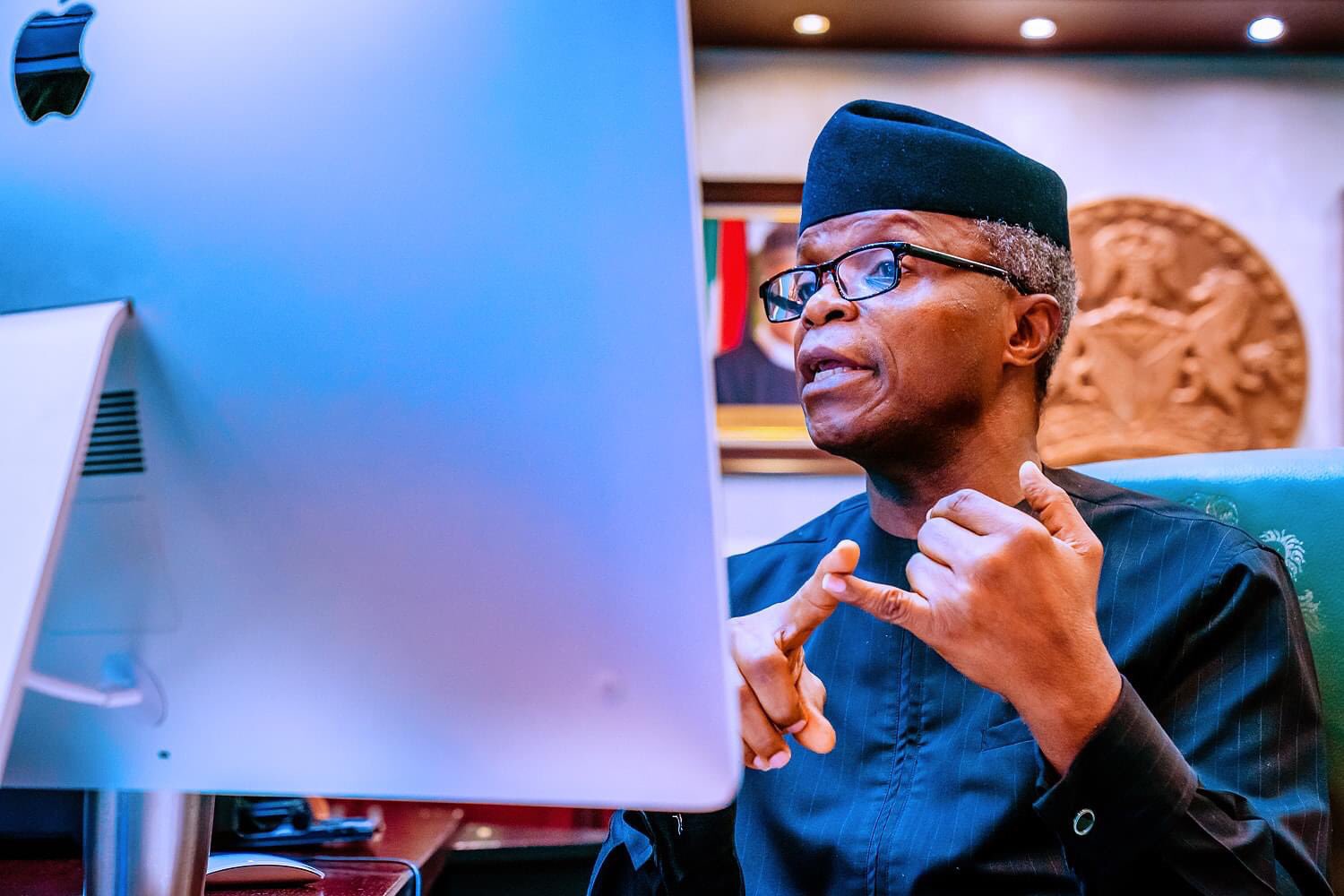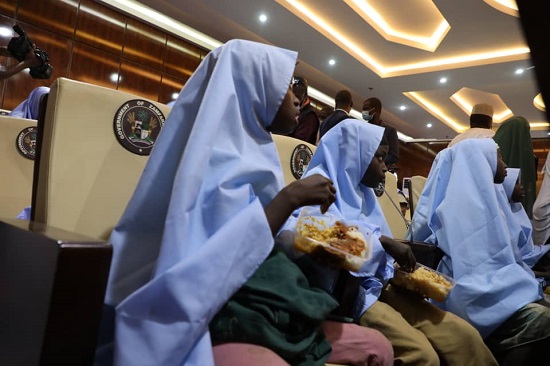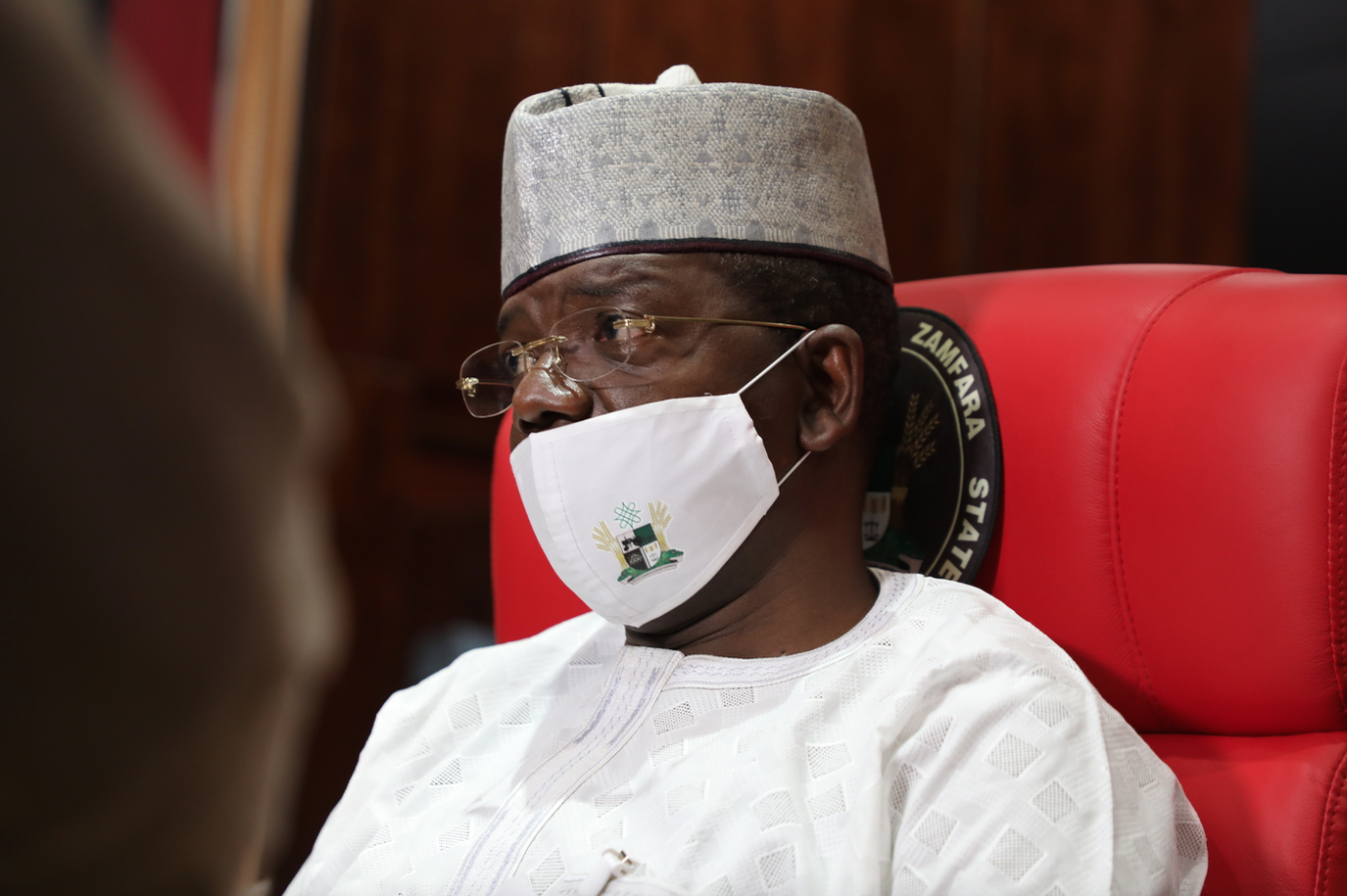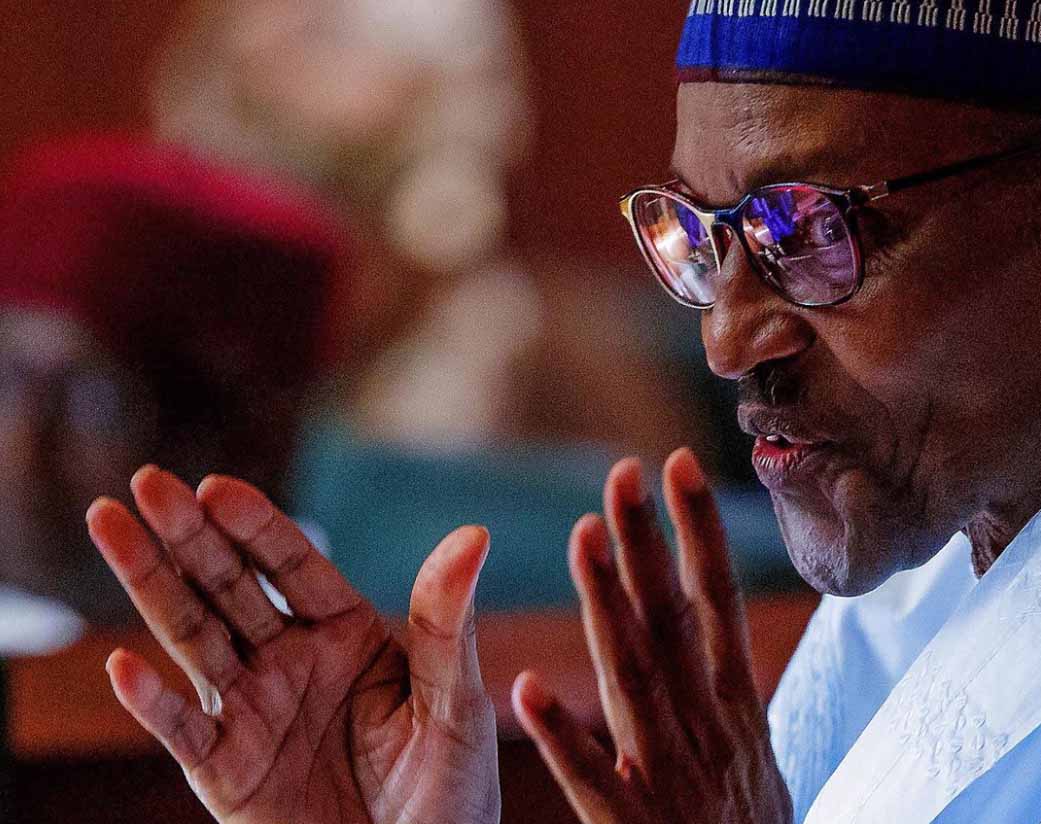Albert Einstein, regarded as the smartest brain of the 20th century, once said “compound interest is the eighth wonder of the world. He who understands it, earns it … he who doesn’t … pays it.” But even compound interest cannot seem to get a majority of Nigerians out of poverty, simply because they do not earn it; they pay it.
For the past five years the Muhammadu Buhari-led administration has been very eloquent about getting millions of Nigerians out of poverty. At some point in 2018/2019, the tempo went higher; Vice-President Yemi Osinbajo travelled from markets to marts, villages to the villa, spreading the gospel of this N5,000 that changes lives.
A good number of Nigerians, including our frenemies in the Peoples Democratic Party (PDP), said it was vote-buying. It was difficult to argue, seeing how the distribution stopped after elections. But here we are in 2021 — nearly three years to another election, and the VP is flagging off N5,000 cash transfer to low-income earners in urban areas.
The scheme this time is to help the urban poor survive the economic crunch inflicted by the COVID-19 pandemic. The overall plan for these incessant cash transfers is to help the poor beat poverty. But how feasible is it for anyone to beat poverty with N5,000? How long will it take? What business will they engage in? What technical know-how is required to perform such magic?
Advertisement
On a reporting trip to Adamawa in 2015, I met an entrepreneur who had lost his printing press to Boko Haram terrorists who set his printing business ablaze and sought to abduct his family. This man and his family ran away from the place they knew as home with only N1,000. He ended up at Malkohi IDP camp, with his family.
He decided to start a business on the camp, so he bought biscuits, detergents, sweets, and other consumables needed at the camp with less than N1,000. He sold his good from time to time and reinvested the profit into the business. In about a year, he had made N6,000 off his initial capital.
This entrepreneur by the name Oloruntoba voted for President Muhammadu Buhari. He did not do this for N5,000 cash handouts, but he voted Buhari for security reasons. “I want Buhari to wipe out corruption, insurgency, and let there be security. Let him come down to the grassroots, to the masses to see what they need,” he told TheCable.
Advertisement
Buhari has failed the businessman. However, the man, based on the help he got after our reporting, has been resettled elsewhere and has continued to build a thriving business. But not many Nigerians will be this fortunate. So let’s take a look at the life of an average Nigerian living in extreme poverty and see how soon they can get out with N5,000 handout from this government.
Can 5,000 get a Nigerian out of poverty? How soon?
You may hate maths, but I’m almost certain you don’t hate money maths. So, let’s do some money maths. According to the World Bank, a Nigerian who cannot spend $1.90 (N779) per day or N284,335 per year is living in extreme poverty.
Let’s say we ignore the World Bank and go with the National Bureau of Statistics (NBS) figures, a Nigerian will need more than N137,430 per year to be considered living above extreme poverty. So the question is, how do you get above N137,430 from the N5,000 handout given by an Osinbajo-led team? How many extremely poor Nigerians can multiply N5,000 twenty-eight times in a year? What sort of compound interest is capable of making that happen?
You would need to multiply N5,000 fifty-seven times to cross the World Bank poverty line. I’m not certain any Nigerian — poor or rich — can make 1,000% profit of a business started with N5,000. Making 1,000 percent on 5,000 is only N50,000. You would need three of that nearly-impossible profit to cross the national poverty line.
Advertisement
If my maths and business knowledge is anything to go by, I do not see any Nigerian getting out of poverty with N5,000 in the life of this administration. There may be outliers, exceptions to the rule, but not a mass of people can be lifted out of poverty through this means.
Let’s map out an ideal situation: Say a person starts a business to sell Bigi soft drinks in traffic from that N5,000. If the person buys one bottle of Bigi Cola at N90 per bottle, they would buy about 55 bottles. If they have some good fortune and sell all 55 bottles at 100, they’ll end up with N5,500 per day. Since we are assuming this is an extremely poor Nigerian, let’s say they spend N200 on food, shelter, and other basic needs per day. They are left with a profit of N300 on the first day.
If they continue to reinvest profit, pay no taxes, lose no goods to security operatives and task force, lose no money to insecurity, are in good health all year long, sell all the goods they bring to the highway, they would beat poverty in less than a year.
They would be the outlier. But we cannot build a nation based on the successes of very few outliers. The government must work for the majority, and the majority needs more than N5,000 — or just cash handouts — to get out of poverty.
Advertisement
Follow ‘Mayowa on Twitter @OluwamayowaTJ
Advertisement
Add a comment







